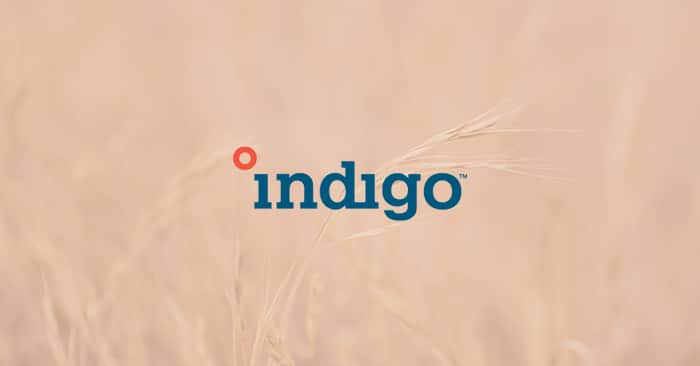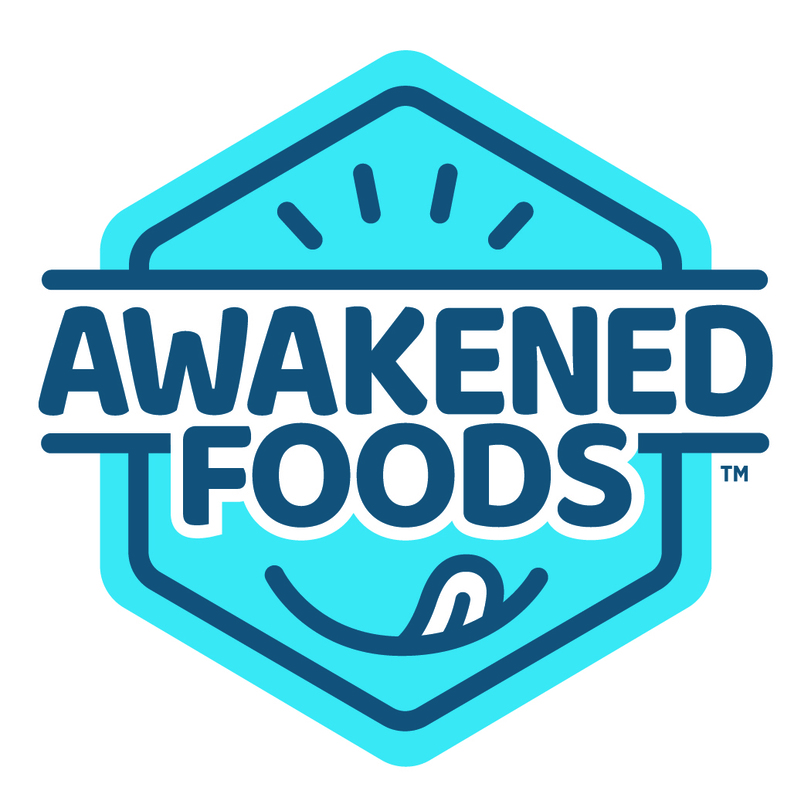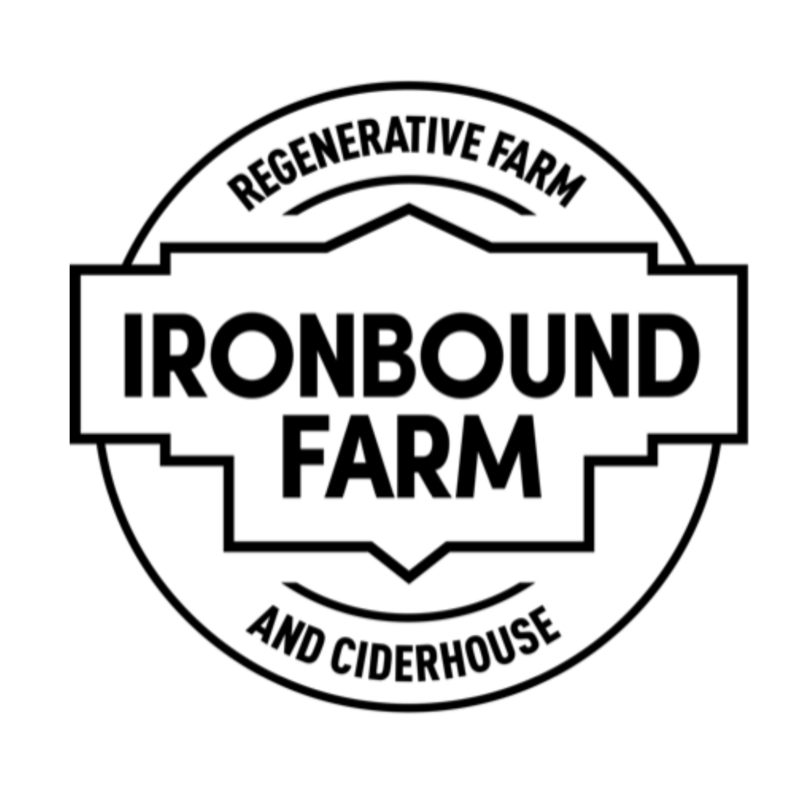Indigo Agriculture Wants to ‘De-Commoditize’ the Supply Chain

Consumers increasingly want sustainable, transparent food and drink products — and that includes the ingredient deck.
To prove it could feed the demand, agricultural technology company Indigo Agriculture recently completed a year-long pilot run of its Indigo Marketplace, which funneled 2.2 million bushels of sustainably-grown rice to beer company Anheuser-Busch. With the concept proven on a large scale, Indigo is thirsty to expand its food and beverage partnerships and further “decommodotize” the supply chain, CEO David Perry said, planning to do so via a recent $200 million fundraise.
Since its 2014 launch, the company has developed four digital tools to help leverage sustainably-grown ingredients: Indigo Microbials, Indigo Marketplace, Indigo Transport and Indigo Carbon, with the latter launching in 2019 to help farmers improve soil health. Indigo has been guided by three pillars: grower profitability, environmental sustainability, and consumer health, Perry explained, as it’s developed ways to connect manufacturers to better ingredients.
“Essentially, we allow brands to work with a diverse set of farmers without it being more work,” Perry said.
The Boston-based company is a subsidiary of Cambridge-based venture capital firm Flagship Pioneering, launched via its innovation arm, Flagship VentureLabs. Indigo’s initial goal was improving crop health and productivity via seed coatings; that technology, Indigo Microbials, has since been used to improve wheat, soybeans, rice, corn and cotton yields, increasing farmers’ profits, and ultimately can help food and beverage producers create “high-quality” products at scale, Perry said.
In the past, commodity farmers had little incentive to invest in sustainable growing practices, Perry said, but in recent years the supply chain has progressed toward valuing quality and sustainability over simply quantity. As the urgency for climate change solutions has grown, he said, consumer demand for transparent products is key — but manufacturers have needed a better and easier way to find sustainable ingredients.
Launched in 2018, Indigo’s free online marketplace for buying and selling grain hoped to solve this issue and has since become more important to the company’s future, Perry said; it connects thousands of buyers to more than 10,000 specialty corn, wheat, soybean, oats, barley and rice farmers across four continents. Farmers post their available quantity, specifications, and pricing preferences, then buyers place bids: the platform has received $300 billion in bids since it launched, and its monthly sales grew 50%-100% during the second half of 2019. Indigo manages quality testing as well as efficient transportation (via Indigo Transport) and transactions between buyers and growers, providing “transparency from seed to sale,” Perry said.
“We’ve seen that with the right tools in place, agriculture can meet consumer demands for climate positive products,” Perry said.
While the company had worked with a variety of grain buyers, it had lacked a large scale food or beverage test until recently. According to Indigo, the proof of that is now in the pint. St. Louis-based Anheuser-Busch is the country’s largest end user of rice, which is the differentiating ingredient in its flagship brand, Budweiser. With its rice mill based in Jonesboro, Arkansas the partnership with Indigo saved over 2 billion gallons of water, enough to supply the entire city of Jonesboro for a year, the company said in a release, reduced greenhouse gas emissions by 26.6% and increased the local rice grower’s profits by $27 per acre. As the partnership extends through 2020, Indigo will connect Anheuser-Busch with 2.7 million bushels of rice sourced from a wider pool of growers.
“Partnering with Indigo to source rice with unique environmental attributes rewards our farming community for adopting sustainable agricultural practices and incentivizes further innovation,” said Ingrid De Ryck, Anheuser-Busch’s VP of procurement and sustainability. “Most importantly, this trailblazing collaboration supports three of [our] 2025 Sustainability Goals by advancing smart agriculture, watershed health, and carbon emissions reductions.”
Moving forward, Indigo is working toward more food and beverage brand partnerships with brands that want “real change” for their consumers and employees, Perry explained. It will also offer more technical support for growers including drones, water sensors, and a mobile app to further manage and increase yields.
Perry noted that agriculture remained largely resilient during the pandemic, but the situation further showed how crucial digital platforms and technologies are for securing efficiencies moving forward.
To spread the message, Indigo raised $200 million in January ($175 million in convertible equity and $25 million in debt), raising its total capital to $850 million. In 2018 the company raised $250 million in Series E funding from Baillie Gifford, Investment Corporation of Dubai, the Alaska Permanent Fund, and Flagship Pioneering, all of whom also participated in the recent round, along with new investor FedEx and lender Pacific Western Bank. Additionally, the company last week announced Jim Young as its new CFO to help the business grow even further.
The opportunity is there: according to research firm the Hartman Group, sustainability is becoming a key attribute, with half of consumers in 2019 reportedly seeking sustainable products because of environmental concerns. As consumers increasingly care about everything from soil health to packaging — with particular uptick amongst millennials — technology can help meet these concerns. These technological advances may help solve the problems of industrialized foods — something natural and organic brands should understand moving forward, Shelley Balanko, senior VP at the Hartman Group, said in a recent webinar.
“[Brands] may need to rethink and reposition themselves to compete effectively against this new source of competition,” Balanko said.
Explore the Nombase CPG Database
Head to Nombase to learn more about the tagged companies and their offerings.


















